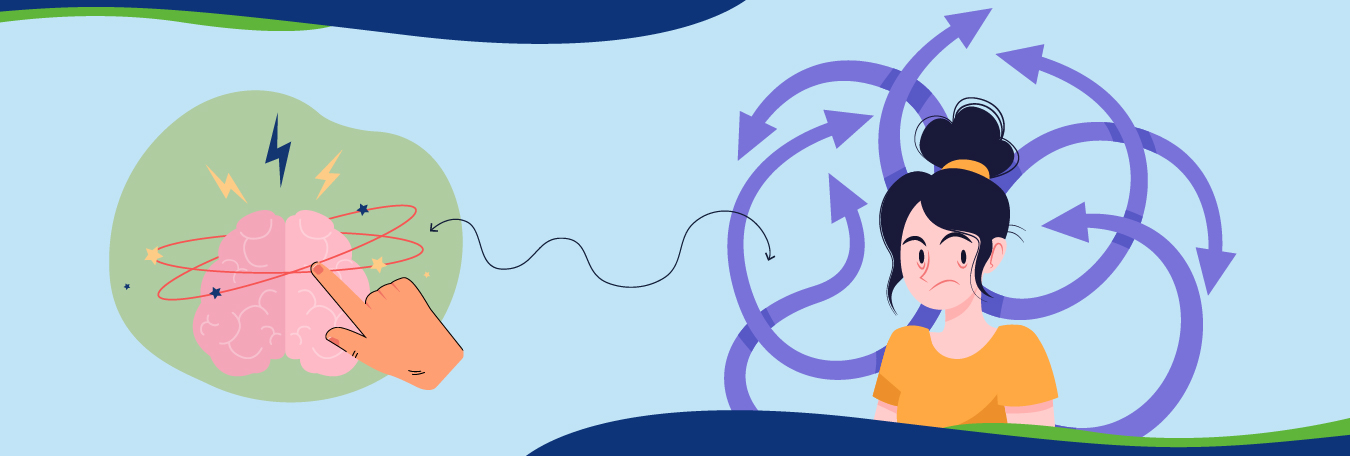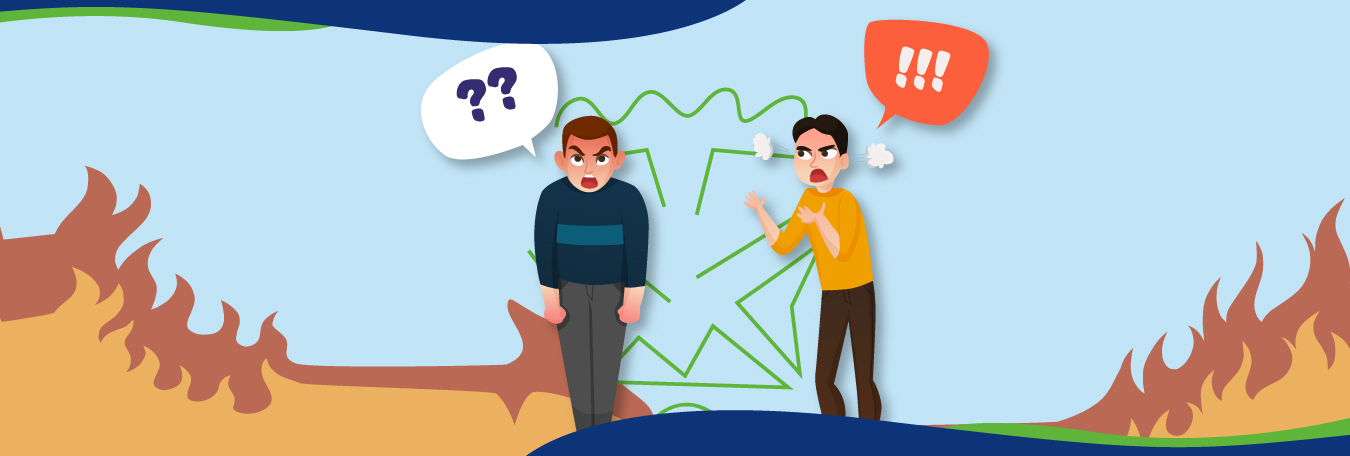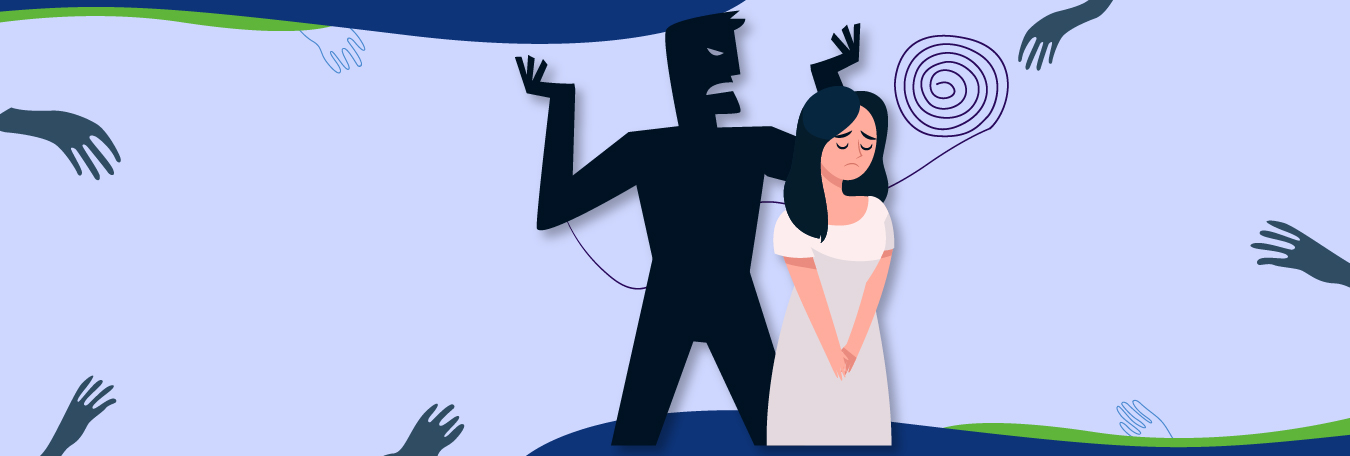Addiction can feel isolating, which is why it is important to remind yourself that you are not alone in experiencing triggers as every addict has one or two. While substance use and addiction arise from many things that vary from individual to individual; it’s altogether a different experience for everyone. It is the same case for coping skills for addiction. Let’s begin with what these are and how you can essentially recreate them in your own life rather than just asking how to cope with addiction. It’s time to make actionable choices.
What are Coping Skills for Addiction?
One of the most important factors affecting the relapse of addiction is the craving for the object that is used for substance abuse. It can be anything. Recreational drugs of any kind, be it crystal meth, anything from poppy, or even weed can be considered a substance. The substance, while predominantly recreational drugs like crystal meth, can be pretty much anything that someone can be addicted to and is a drug.
Substance abuse can be caused by anything. Death in the family, increasing amounts of stress, emotional instability or co-morbid mental health disorders, loss of a job, and even the end of a relationship. It can be anything as long as these triggers act as gateways to the dangerous journey of substance abuse.
Healthy coping skills for addiction can help though as these are the skills we’ve learned in our lives to find healthy outlets for our addiction. They help us manage the most challenging moments of our lives, which sometimes can unfortunately include addiction as it begins to take a huge chunk of our lives once we are addicted to some kind of substance. You find a new high (or a high for the first-time as a first time user), you gradually get addicted, and then your life literally revolves around addiction. The vicious cycle is bound to repeat again unless you find your coping skills for addiction recovery and it can be a good start.
Read More: Is An Eating Disorder An Addiction?
What Is Considered To Be Part Of Coping Skills of Addiction?
Even though substance abuse arises precisely as a coping skill, it is not a healthy type of coping mechanism, in fact, it is a negative one. But there are healthy ones too. There are coping skills for recovering addicts that can be considered healthy coping skills for addiction. Let’s find out what these are as we are providing a list of coping skills for addiction that essentially also answers the question of how to cope with addiction in the process:
Join a Support Group
These support groups are a good way to provide coping skills for addiction through their 12-step programs where they essentially teach coping skills for addiction triggers and long-term coping mechanisms for addiction itself.

Practice Mindfulness
Staying in the present, dealing with things as they come, without focusing on the past or stressing about uncertainty can help you stay laser-focused on addiction recovery. This is one of the best coping skills for addiction recovery because when it comes to coping skills for addiction, you are dependent on anything or anyone to initiate this type of coping mechanism rather than finding some more negative ways to cope with addiction that are kind of creating self-harm.
Avoid Making Blind Choices
Evaluating what you are about to do can always help you create a shield of coping mechanisms for addiction. Always try to take a step back and assess if they have the potential for self-harm in terms of addiction or acting as triggering cues in your life. This can also help you in situations where you have to know how to cope with an addict if your special someone might also be addicted.
Read More: A Comprehensive Guide to the advantages of Telehealth
Learn To Say No
Refusing something is one of the best recovery skills for addiction. A lot of times, your social circle is the one reason that triggers your response to seek substance to end the craving or risk going cold turkey all of sudden, especially if you are already progressing in the journey to your recovery. For example, one of your new friends might offer you a smoke weed and in peer pressure you don’t say no, leading this gateway drug to break the progress of your recovery. This is the reason, it might be one of the best coping skills for addiction if not the best as saying no can be extremely beneficial, especially when a no means NO!
Seek Therapy
Therapy is never an unhealthy option and is always part of the top coping skills for addiction. Of all the ways to cope with addiction, this is the most healthier option. This is because therapies like Cognitive Behavioral Therapy (CBT) can even resolve generational substance abuse problems by helping patients identify coping skills for addiction triggers and resolving them by talking to the patient.
Behavioral Intervention
Lifestyle changes can also be one of the most beneficial ways to cope with addiction. For, example, high-intensity exercise is known to improve and help as one of the best coping skills for addiction recovery as studies suggest that lifestyle changes like these create a new outlet for your brain to focus on instead of addiction triggers and can even bring change to the addiction-related hard wiring of the brain, by resetting the regulation of chemical messengers of the brain.
Read More: A Brief Guide to different types of OCD
End
Coping skills for addiction is not just an easy shot out of the stadium, that you will do and make a home run. These sometimes work wonderfully, but do you know what always works? Mental health treatment especially as regards those coping skills for addiction recovery when you mix them up to complement each other. For example, something like Medication-assisted treatment (MAT) can be complemented by one of those suitable psychotherapies and also these coping skills for addiction to provide a whole three-pronged approach to the treatment of substance abuse. Our experts at Inland Empire Behavioral Group can just about provide everything that we have mentioned.




